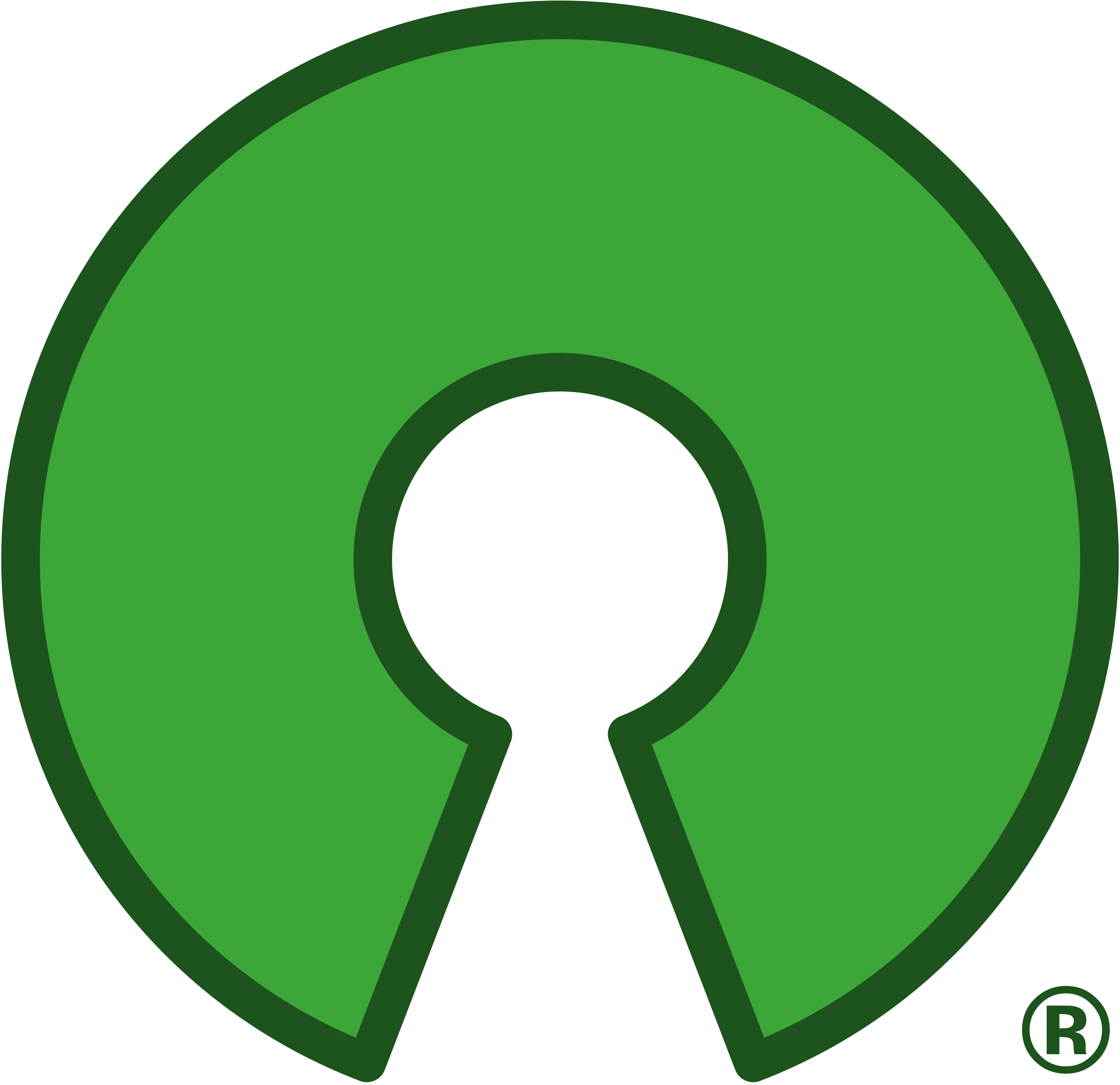It is hard to overstate how much value Open Source Software has added to the world, and how broadly empowering it is.
Operating systems, development tools, core libraries, and critical applications – a great many of the software tools used by the most powerful companies in the world are the exact same ones available to hospitals, students, and everyone else. For free. And not just to use, but to inspect, modify, extend, and redistribute.
Back in the 90s, there were legal battles in the US over software capable of strong encryption. There were scare stories about how terrorists and child pornographers would use the technology to evade justice, but people were also wearing T-shirts printed with forbidden code to mock the idea of algorithms too dangerous to share.
It was stupid, and I was ashamed of the regulatory state, but we got better.
Open Source AI is in many people’s crosshairs today. They believe that giving free access to state of the art algorithms and models without any guardrails constitutes a danger to society, that the public can’t be entrusted with a research model that wasn’t hammered into a box of their designated dimensions. “As a large language model, I cannot…”
Unfortunately, this is actually inside the Overton Window of possibilities right now.
Let’s push it out.
In the spirit of the first amendment, congress should make no law abridging the freedom to release open source software.

